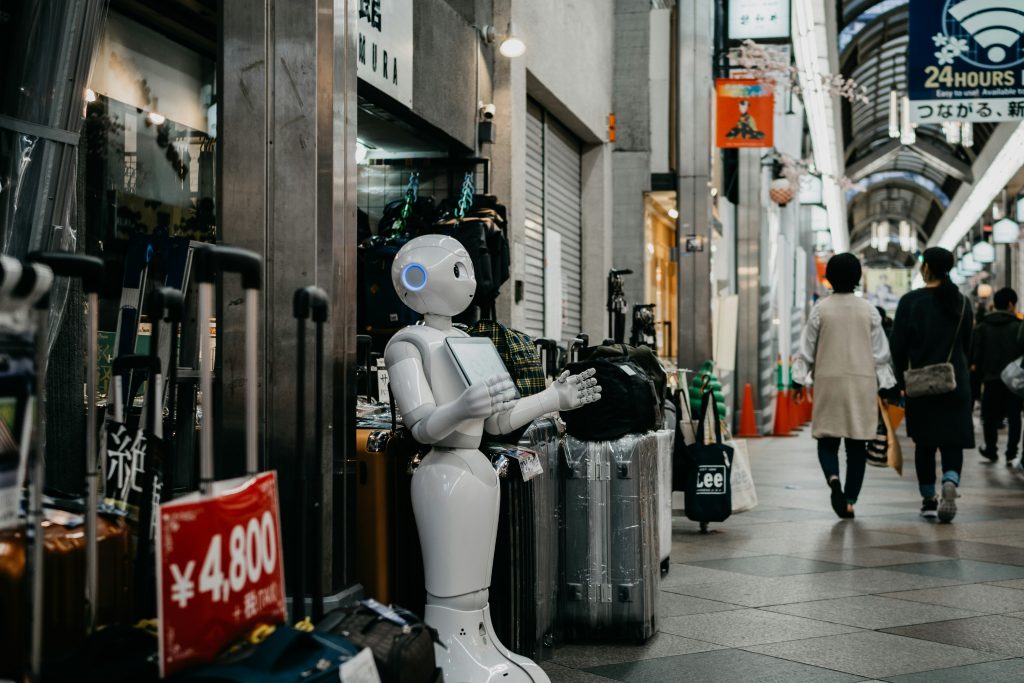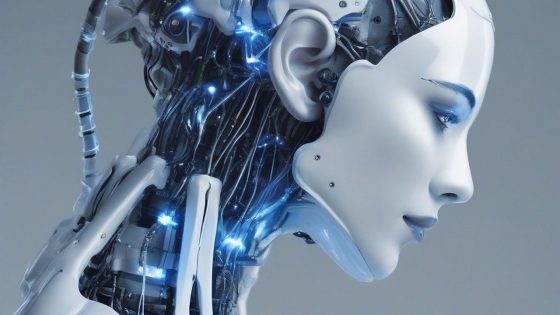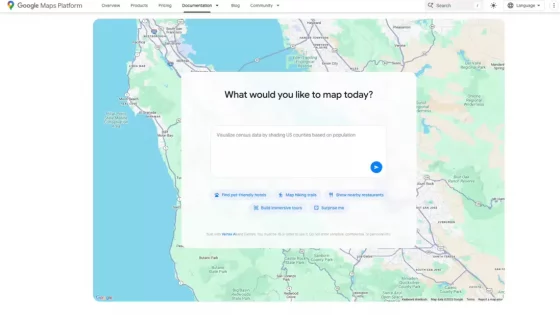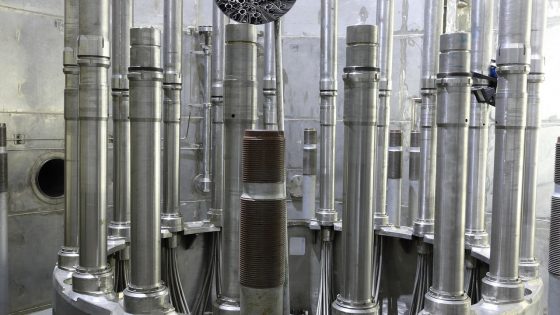Will AI slow down hiring?

The World Economic Forum, in its latest study “Future of Jobs”, expects disruption to account for approximately 23 % jobs. Of course, this does not mean that all of these jobs will disappear, some will be eliminated and others will appear again. The important thing is that the World Economic Forum expects a total of 14 million fewer jobs in five years, as they estimate that 83 million jobs will disappear and only 69 million will appear.
“In general, the rate of change is quite high", she told CNBC Saadia Zahidi, Director General at the World Economic Forum. The report's findings are largely based on a survey of 803 companies employing a total of 11.3 million workers in 45 different economies around the world.
According to the WEF, the disruptions mentioned above will be influenced by many factors, from technological developments such as artificial intelligence to climate change.
Concerns about technological change negatively impacting jobs have been growing, especially since generative artificial intelligence, specifically targeting tools like ChatGPT, has entered the mainstream. The Future of Jobs study found that technology is one of the main factors in job losses.
“The biggest cuts are expected in administrative roles and in traditional security, factory and sales roles,” the report said, explaining that the decline in administrative roles in particular “will be largely a result of digitalization and automation.”
However, the surveyed companies generally do not see technological changes as negative.
“We expect the impact of most technologies on jobs to be net positive over the next five years. Among the biggest drivers of job growth will be data analytics, climate change and technologies related to environmental management. In addition, encryption and cyber security,” the report said.
Some of the sectors that could create the most new technology-related jobs are education, agriculture and healthcare, Zahidi explained.This is not happening because these are dangerous, low-paid and low-skilled jobs all over the world. These are highly skilled jobs with a higher dogiven the value enabled by technology," she said.
The report describes AI as a “key driver of the potential algorithmic replacement” of roles, and nearly 75% of % surveyed companies are expected to adopt the technology. About 50% of % companies expect it to create jobs, while 25% expect it to reduce jobs.
In fact, technology is only sixth on the list of factors leading to net job creation or elimination. “There is also economic growth, which is currently quite tepid, then there is sustainability and the rise of the green economy, changes in supply chains and changes in a new era of 'deglobalization'," said Zahidi.
The surveyed companies also show that the biggest driver of job creation is the green transition, the adoption of higher environmental, social and management standards. On the other hand, slowing economic growth is the main contributor to job losses.
Other factors that are also likely to cause job losses in the coming years include the effects of the Covid-19 pandemic, supply shortages and the global cost of living crisis.






























